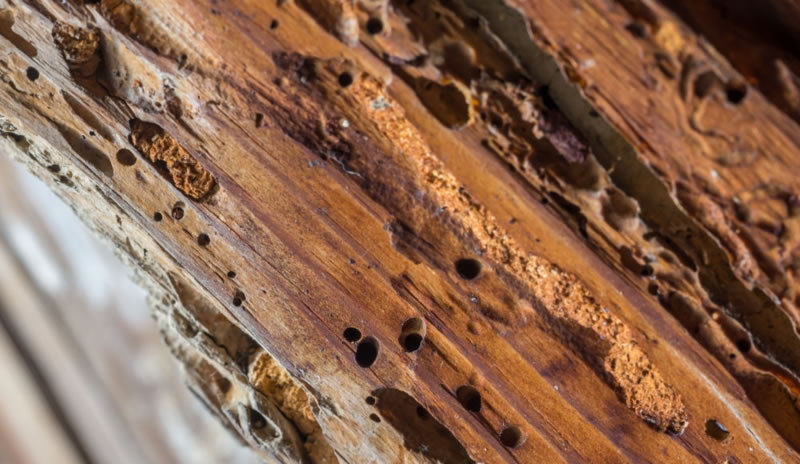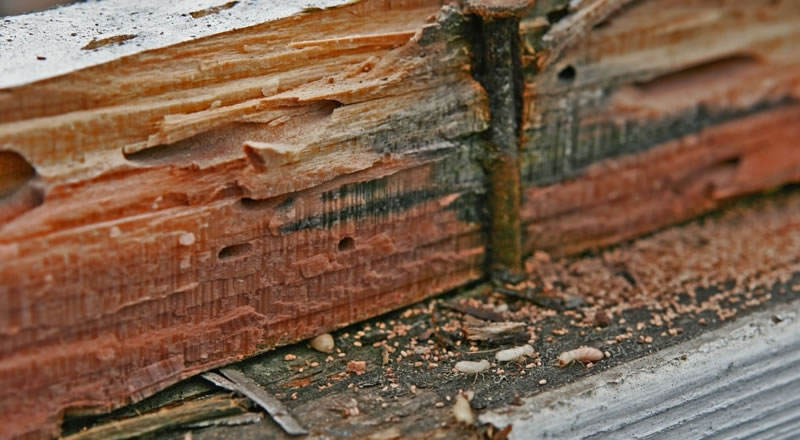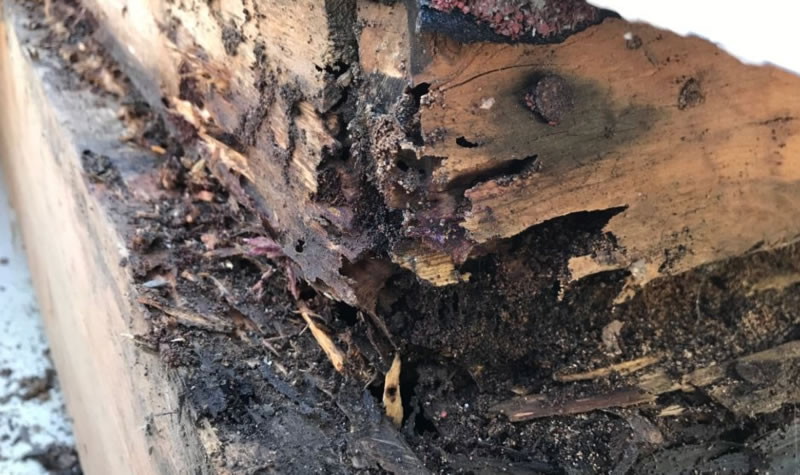Is Termite Damage Covered By Homeowners Insurance?
Does Homeowners Insurance Cover Termites?
Termite damage is not covered by homeowner’s insurance. Homeowner’s insurance is for unavoidable and unanticipated damage that is sudden and disastrous. A termite infestation is disastrous but it is something that develops over time.
Property owners have to take preventative measures against termites in order to avoid major damage to the property. A few basic considerations early on will ensure that termites are under control or exterminated completely. This will safeguard the property.
How Hazardous Are Termites?
According to reports, termites are one of the greatest pests in Australia. They cause widespread damage across the country. However, they are particularly problematic in and around Queensland. This is because of the environmental factors which favour the critters.
In fact, according to the reports and data gathered in 2012, termite damage costs the Australian population around $1.5 Billion per year. This brings into perspective the need for excellent preventative measures.
Termite barriers and treatments are cheaper and more effective than damage repairs. They will remove all of the stress that comes with termite damage repairs. In fact, many people have had to re-mortgage their home in order to repair the carnage following a termite infestation.
How Termites Can Wreak Havoc Undetected
You may sweep your eyes across your home and think to yourself that pest control is something worth looking at when you encounter pests. However, out of sight and out of mind is not a concept that will protect you. The danger associated with leaving termites unchecked is that they are very elusive.
They can colonise and breed and eat the drywall interiors of your home while staying practically undetected. Termites often come from under the ground, burrowing into the floors or into the walls of the building without ever being visible. The first sign of termites could be the day the floor collapses beneath your feet.
This is also why termite detection is an art form. Professionals use specialised equipment to pick their body heat and to detect the fine chewing noises they make as they eat through your walls.
The Damage Risks
The Cosmetic Appeal
Cosmetic repairs are almost always part of the package. Especially when you’re fixing your house following a termite infestation. Termites will always look for wood. This leaves you vulnerable to termite damage.
Especially if you have hardwood floors, drywalls, lath, plaster, and other wooden structures like beams and window sills. Cosmetic damage leaves your property looking damaged which in turn affects its value.
Your Property Value
Speaking of resale value. According to data gathered and analysed, your property can devalue as much as 25% (on average) if there is a history of a termite infestation. The same survey revealed that 75% of buyers would decline to make an offer on hoe they love if there was a termite infestation in the past.
It doesn’t have to indicate any visible damage or lasting effects. The subtle signs of termite damage will be apparent when you have the inspection in order to sell the house.
Structural Damage
This is the most expensive to fix and it is the most dangerous kind of damage to have in your home. It compromises the integrity of the building. Structural damage often happens out of sight, which means it only becomes apparent when it is already at a disaster stage.
The labour involved in the repairs is costly. Not to mention, the materials and the inconvenience of possibly having to move out of your home temporarily. Structural repairs could see your house gutted. Floors pulled out and replaced or walls removed and patched or rebuilt. Damaged beams can also cause a domino-effect if they fall down, damaging other parts of the house.
Prevent Termite Infestations
Termites are a threat to the buildings in Australia, especially in certain parts. Most building codes do come with pest control certification as part of the construction. That does not mean homeowners should rely solely on this.
Termites are notorious for their ability to bypass preventative measures. A professional pest controller will take a more pro-active and personalised approach. The property is first evaluated and we identify the types of termites that are most likely to be prevalent.
The property will also have its own unique potential weak points and entryways for termites. We will recommend a physical termite barrier in some cases. In other cases, a chemical barrier. We also recommend baiting stations, fumigation and tenting, or on-the-spot termite extermination.



